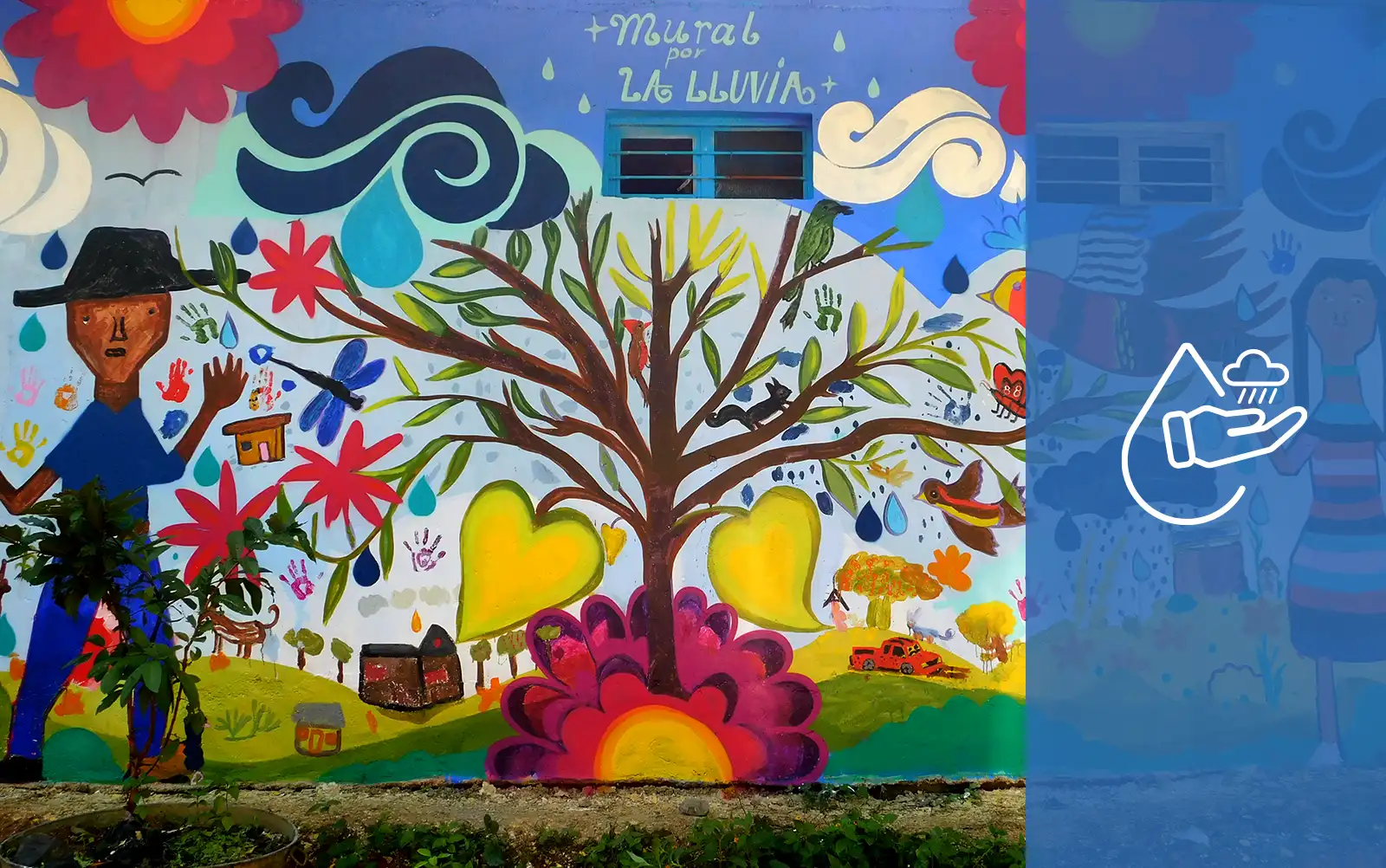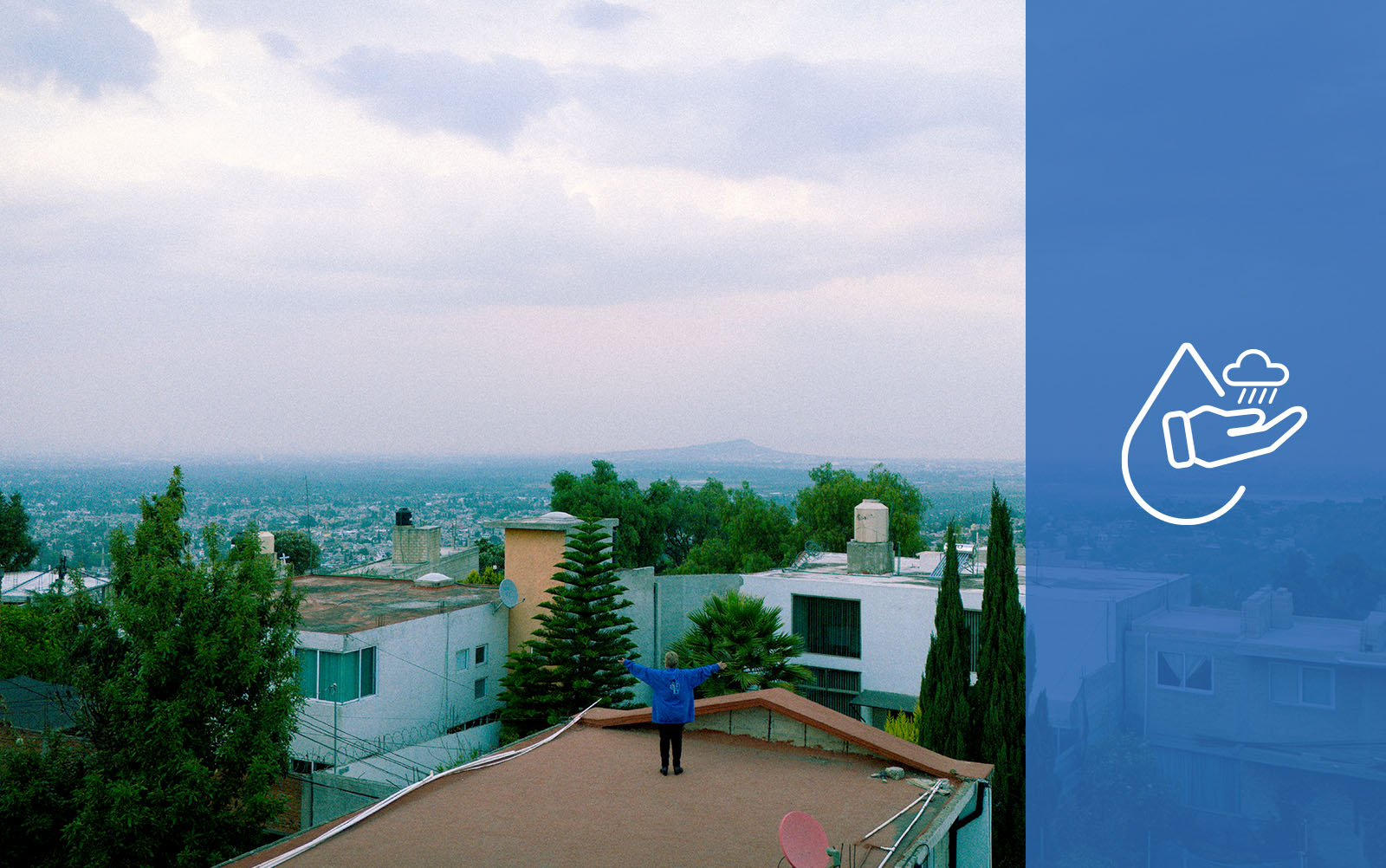
Women and Water: Bearing the Burdens of Water Scarcity
Access to clean, reliable water is critical for health, education, economic development, and daily life—but for millions of women in Mexico, it represents an ongoing struggle. In many communities without reliable water access, women are the backbone of household water management, shouldering the vital responsibility of sourcing and collecting water for their families. This adds a heavy burden to the already demanding duties of running a household. As María Elena Paz, a mother of four daughters in Xochimilco, Mexico City, powerfully puts it:
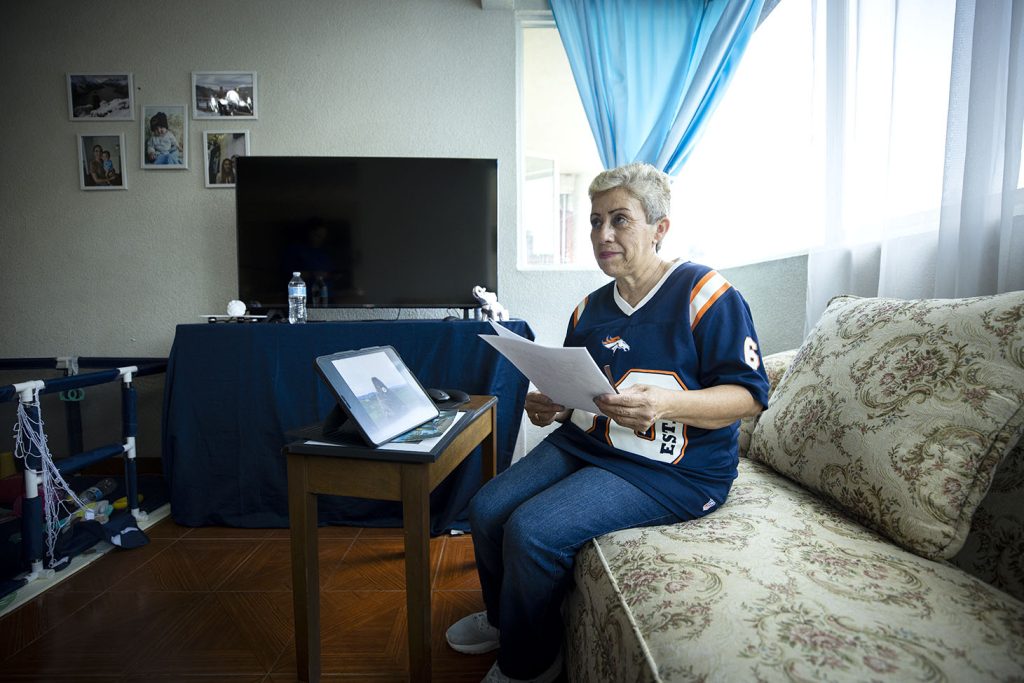
“There is nothing more important than women. I say that because seriously, and I have nothing against the male sex, the truth is we are the ones who steer the ship… We organize the house, the children, the grandchildren, the school, the professional field.”
Perpetuating Gender Inequalities
In Mexico, water scarcity is both an environmental and social issue, disproportionately impacting marginalized communities, particularly, the women within them. Collecting water requires tremendous amounts of time and energy, limiting their ability to pursue education, paid employment, political participation, or social and recreational activities.
This struggle reinforces cycles of poverty and gender inequality, stifling women’s personal development. Women have vast potential to contribute to their community’s socioeconomic growth, yet the relentless responsibility of water collection limits their ability to do so—sacrificing their well-being for the basic survival of their families.
According to the Gender and Water Agenda in Iztapalapa, “It is not unreasonable to hypothesize that women, particularly the poorest and least educated, inadvertently prop up the water management system through a societal subsidy granted due to their gender status.”
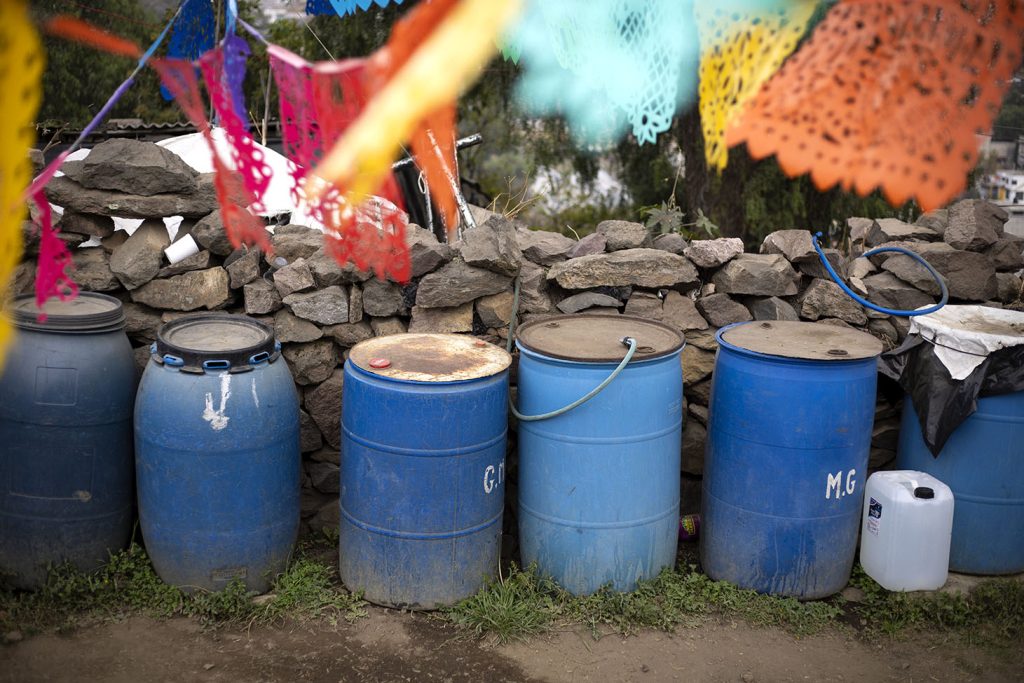
The Challenges of Water Collection
Many women whose homes are not connected to the municipal water network or who cannot afford the high prices of water delivery trucks, spend hours finding water for their family. Some municipalities in Mexico City have women spending nearly an entire work week (4.4 days) on water-related tasks, all while juggling domestic responsibilities like washing clothes, scrubbing dishes, cleaning the home, and cooking.
Beyond being overwhelmingly demanding of their time, water collection is physically exhausting. Many water sources are far from home, requiring women to walk long distances multiple times a day, navigating dangerously rocky terrain with steep drops—all while carrying heavy jugs on their backs or shoulders, careful not to spill a drop. Ana Lidia Aparicio Vaina, a mother of two young girls in Xochimilco, Mexico City, shares:
“My mother in law, who was one of the first six to arrive at this place, carried around 6 5-gallon jugs on her back and all the neighbors did the same. Some might have hired a donkey to carry the water, but the truth is that most of us don’t have the means to pay for one.”
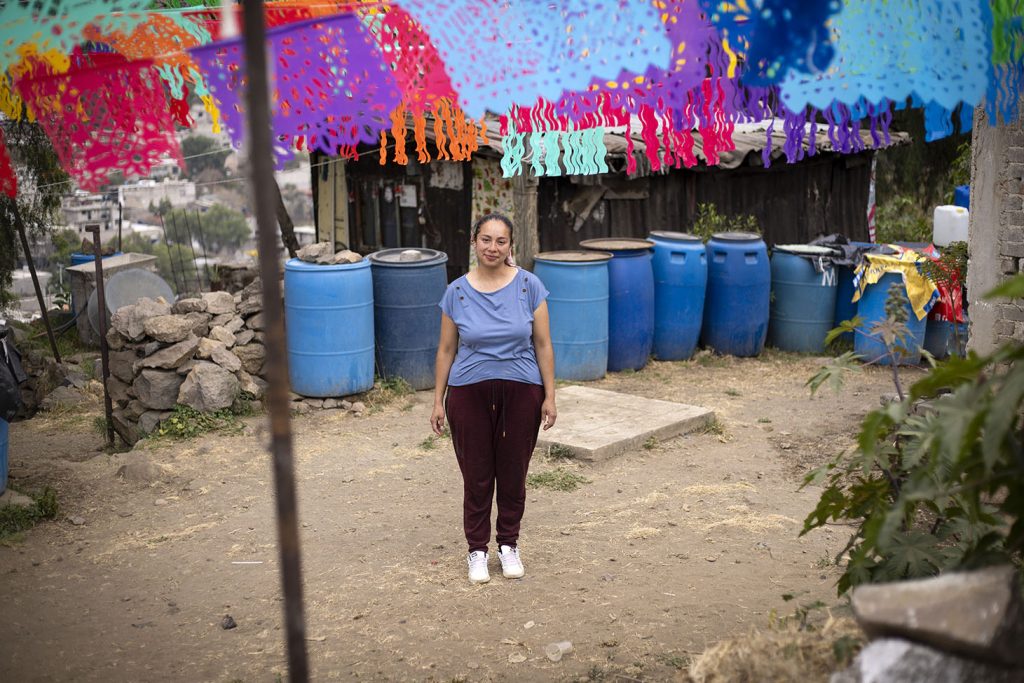
Oftentimes, women have no choice but to hold their children at their side, compounding the strain of the heavy load. This grueling, physically demanding task can lead to serious health implications, especially over time. Day after day, year after year, carrying excessive weight wears these women down, leading to chronic pain, joint damage, and even organ damage. Ana further recounts:
“Many of my neighbors have had uterus surgery, several have had uteruses removed, and the doctors tell us that it is simply because we walk too much and carry too much weight. The only thing we can tell the doctors is that we have to carry the water, we have to carry that liquid on our shoulders, we have to do it.”

But the toll of water sourcing is not just physical, its emotional weight is just as significant. The pressure to ensure their families have enough water—especially during droughts or shortages—can create extreme stress, anxiety, and exhaustion. Water scarcity forces women to prioritize survival over their own well-being, often at the expense of their mental health and household relationships. Raquel Arias Montiel, director of the Mario Colin Sánchez Elementary School in Cuautitlán Izcalli, Mexico City, underscores this by recounting:
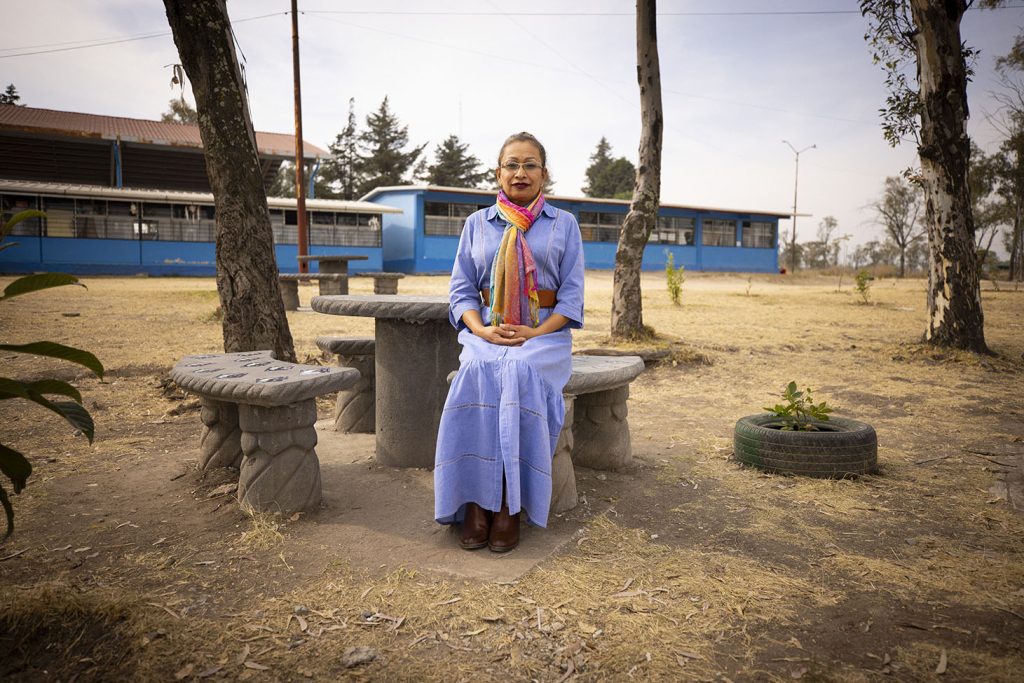
“I have a responsibility as a public servant to guarantee the fulfillment of their [students] rights. It has been a very complicated challenge to have to attend to all these needs and above all, to know that many of my students’ homes don’t have access to water.”
Honoring Women
At Isla Urbana, 73.27% of the 3,359 registrations for our rainwater harvesting programs were completed by women, based on data collected between January 2023 and 2025. This isn’t just a statistic—it’s a testament to the role women play in securing water for their families and communities. Rainwater harvesting unshackles women from the daily burden of water collection, allowing them to pursue education, careers, and personal empowerment. It is a step towards a future where water is a source of strength, not struggle.
On this International Women’s Day, we honor the incredible women who bear the weight of water scarcity with unwavering strength, resilience, and determination. These women—mothers, daughters, grandmothers, leaders—keep their families and communities afloat despite the weight of water scarcity.
This year, Isla Urbana USA launched our “Women & Water” initiative to connect women across the world. We interviewed three women from water-scarce communities in Mexico City and shared their powerful stories with Isla Urbana USA funders, volunteers, and team members, fostering feminine solidarity across borders. These stories are a powerful reminder of the unbreakable spirit of women everywhere—the way they nurture, lead, and persevere through even the most difficult circumstances. These women take immense pride in their roles, their communities, and their ability to overcome adversity. As María Elena so beautifully told us:

“Women anywhere in the world are important. I feel very proud to be a woman.”
Addressing Mexico’s water crisis is not just about improving water access—it’s about restoring dignity, health, and freedom to the women who have carried this burden for far too long. It’s about creating a future where no woman has to choose between survival and self-determination. This International Women’s Day, celebrate their strength, honor their resilience, and help us create a world where water is no longer a burden women must bear alone.
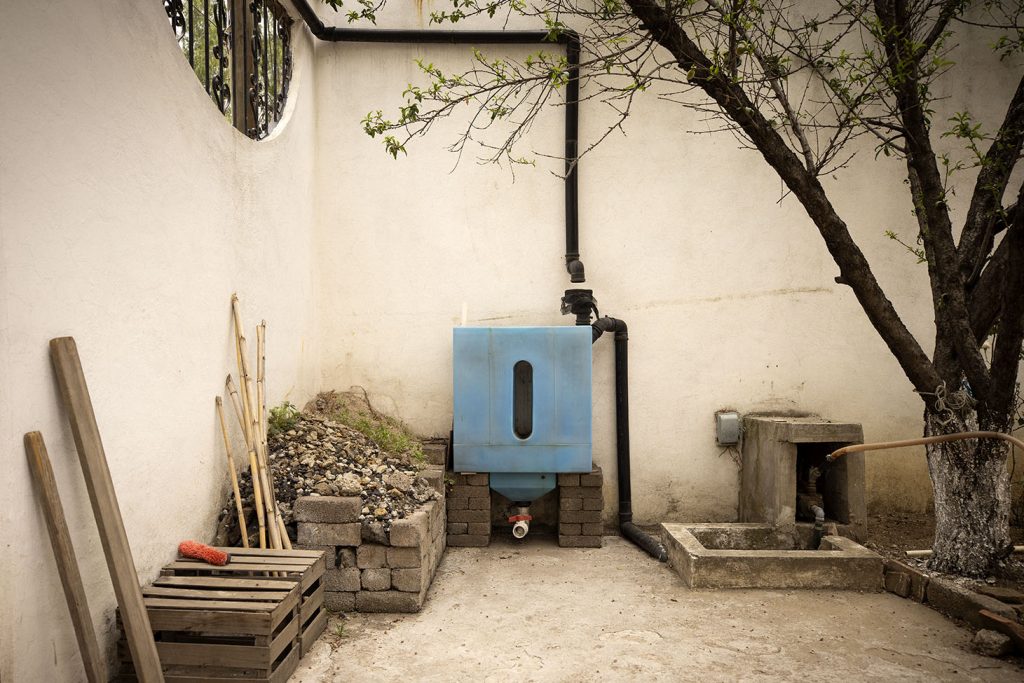
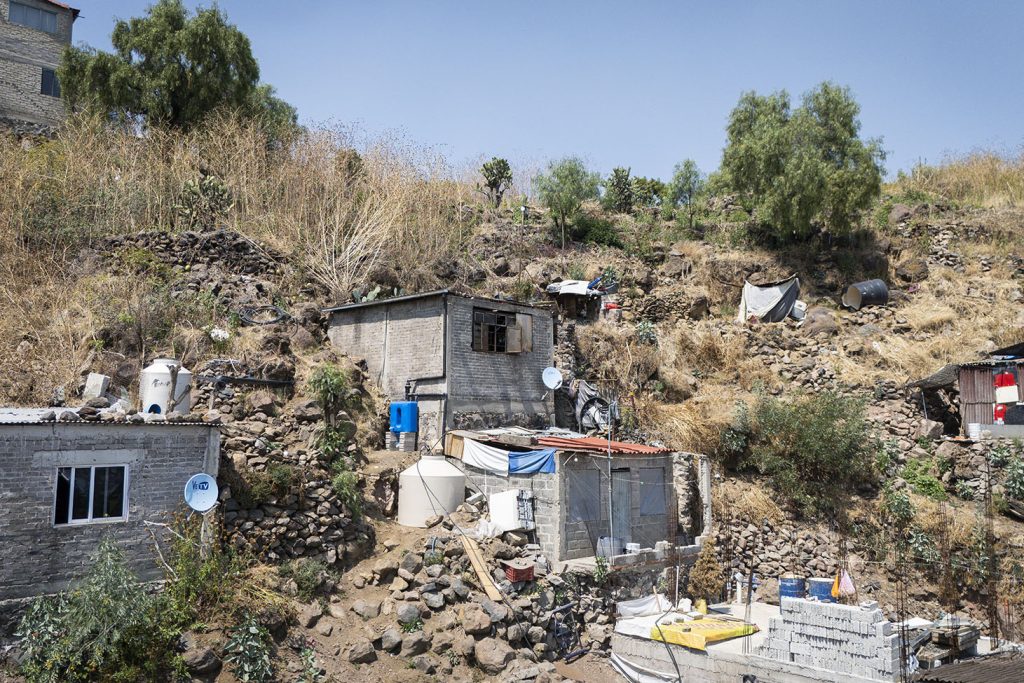
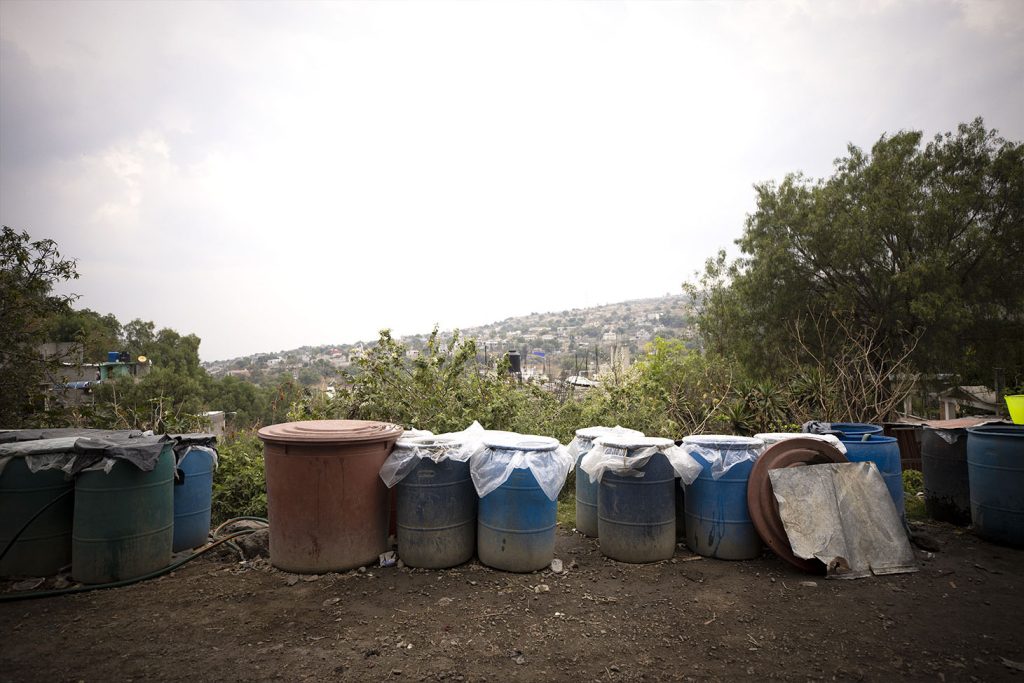
Photos and video documentation by Celsa Calderoni from Camaroni Producciones.

